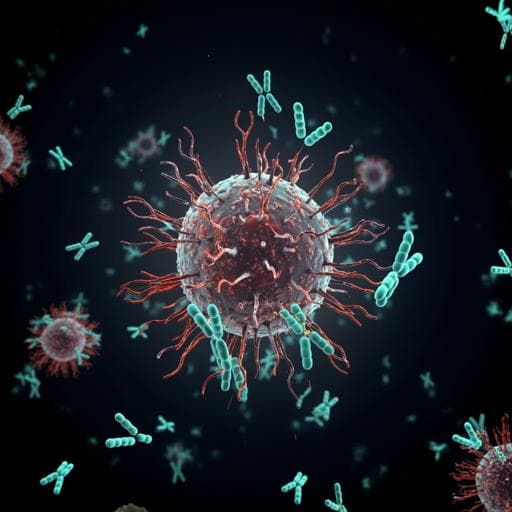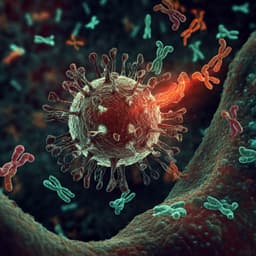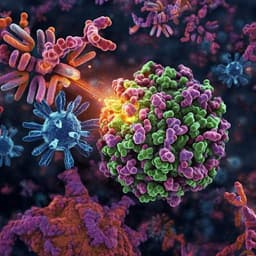
Medicine and Health
Previous immunity shapes immune responses to SARS-CoV-2 booster vaccination and Omicron breakthrough infection risk
L. Pérez-alós, C. B. Hansen, et al.
This groundbreaking study reveals the pivotal role of prior SARS-CoV-2 infection and vaccination in shaping immune responses to a third BNT162b2 vaccine dose. Conducted by a team of experts, it highlights how robust IgA responses are crucial for preventing Omicron breakthrough infections, with fascinating insights into the dynamics of humoral and cellular responses. Explore how prior infections influence future immunity!
Related Publications
Explore these studies to deepen your understanding of the subject.







